Seed Capital
The Accelerator Conundrum: Navigating Your Path to Startup Success

Alright, let’s cut through the noise and get to the brutal truth of the startup accelerator world. Many entrepreneurs, starry-eyed and naive, leap headfirst into 3-month accelerator programs without truly understanding the long-term implications. It’s time for an incisive commentary, a necessary dissection.
>>>1Mby1M Udemy Courses with Sramana Mitra: Financing
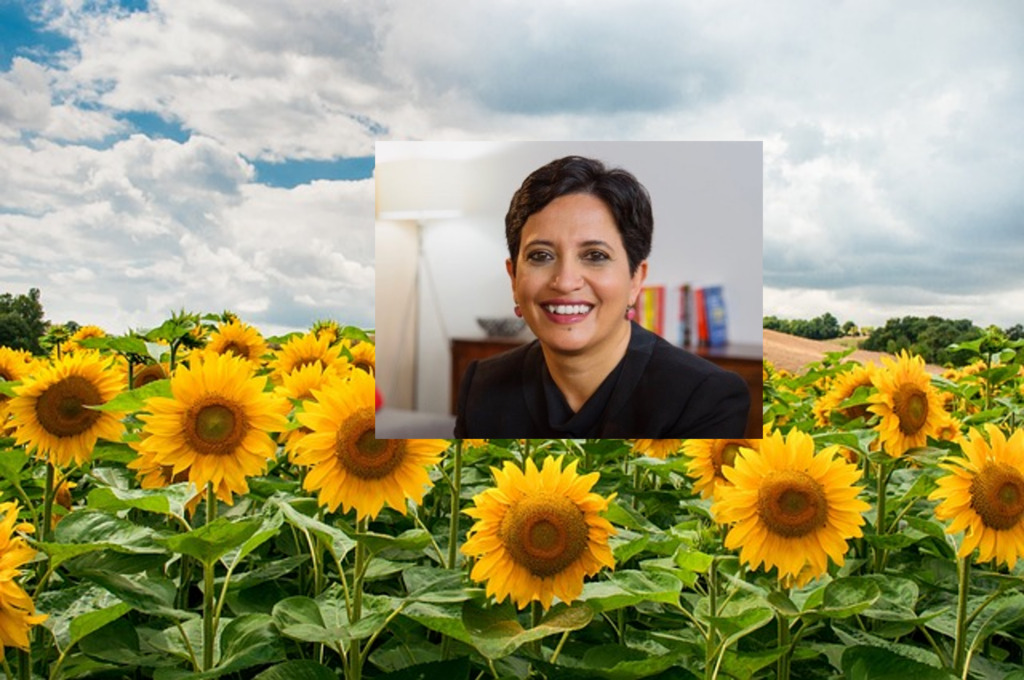
Raising money to build a startup is a huge challenge. To be able to raise any money at all, you must first understand how investors think. We have developed the following courses catering to entrepreneurs in different stages of their entrepreneurial journey.
>>>193rd 1Mby1M Entrepreneurship Podcast With Alexander Ross, Illuminate Financial
Alexander Ross, Founder at Illuminate Financial, talks about his firm’s FinTech investment thesis.
Podcast: Play in new window | Download
Subscribe: Apple Podcasts | Android | Google Play | Stitcher | TuneIn | RSS
Featured Videos
Can 1M/1M Help Me Raise Money?
How Does 1M/1M Democratize Entrepreneurship Education?
How Does 1M/1M Democratize Management Consulting?
When Is The Right Time To Join 1M/1M?
Can 1M/1M Help Me With Business Development?
Can 1M/1M Help Me With Market Sizing?
Can 1M/1M Help Me Validate My Product?
Will I Have Private 1-on-1 Sessions In 1M/1M?
How Does 1M/1M Help Entrepreneurs Connect With Silicon Valley?
Mentoring or Consulting?
Why Does 1M/1M Charge $1000 a Year?
Why Does 1M/1M Partner With Local Organizations?
Why Don\’t Mentoring Networks Work?
Why Is It Important To Study With 1M/1M Now?
Dan Stewart Story
Vikrant Mathur Story
1Mby1M Virtual Accelerator Investor Forum: With Andrew Romans of Rubicon Venture Capital (Part 1)

Responding to a popular request, we are now sharing transcripts of our investor podcast interviews in this new series. The following interview with Andrew Romans of Rubicon Venture Capital was recorded in January 2018.
Andrew Romans is General Partner of Rubicon Venture Capital. Our discussion includes an interesting segment on ICOs.
Sramana Mitra: Let’s get acquainted. What is you investment focus? How big is the fund? What sized investments do you like to make? Let’s start understanding the fund.
Andrew Romans: Rubicon Venture Capital has two main offices in Silicon Valley and New York City. We also have 18 venture >>>
406th Roundtable Recording On July 12, 2018: With Devdutt Yellurkar, CRV
In case you missed it, you can listen to the recording here:
Roundtable Recap: July 12 – Laser Sharp Competitive Positioning is Compulsory in Crowded Markets
During this week’s roundtable, we had as our guest Devdutt Yellurkar, General Partner at CRV, who discussed his investment principles. It was an excellent discussion!
Elastic Storage Solutions
As for entrepreneur pitches, we started with Udo Neustadter from Ottawa, Canada, pitching Elastic Storage Solutions, a company addressing the ballooning storage needs of the digital universe. I asked for a thorough competitive positioning exercise, including input from storage buyers on how they’re evaluating solutions.
Velox Networks
Next, Martin Nygate from Singapore pitched Velox Networks, an Asian competitor to RingCentral-like hosted PBX vendors. The company is executing well and is already in revenue.
1Mby1M Virtual Accelerator Investor Forum: With Rajeev Madhavan of Clear Ventures (Part 1)
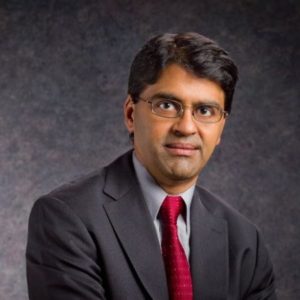
Responding to a popular request, we are now sharing transcripts of our investor podcast interviews in this new series. The following interview with Rajeev Madhavan of Clear Ventures was recorded in January 2018.
Rajeev Madhavan, Founder and General Partner at Clear Ventures, was first a highly successful serial entrepreneur, and brings to the VC game an entrepreneur’s view of the world. Rajeev highlighted the Series A gap in a big way.
Sramana Mitra: Tell us about Clear Ventures. How big is it? What is the investing focus? What sized investments are you making? >>>
1Mby1M Virtual Accelerator Investor Forum: With Brij Bhasin of Rebright Partners (Part 1)
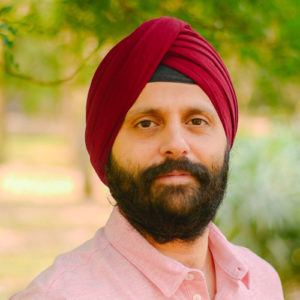
Responding to a popular request, we are now sharing transcripts of our investor podcast interviews in this new series. The following interview with Brij Bhasin of Rebright Partners was recorded in January 2018.
Brij Bhasin, Principal and India Investment Lead at Rebright Partners, which is a Japanese Venture Capital firm, discusses their India strategy. The conversation encompasses broader trends in the Indian startup market.
Sramana Mitra: Tell us about your investing focus. How big is the fund? What sized investment do you make? Let’s familiarize our audience with you activities. >>>
404th 1Mby1M Entrepreneurship Podcast With Investor Waikit Lau
Waikit Lau, investor and serial entrepreneur, has a refreshingly open attitude towards investing in very early stage companies. Wonderful conversation.
Podcast: Play in new window | Download
Subscribe: Apple Podcasts | Android | Google Play | Stitcher | TuneIn | RSS
1Mby1M Virtual Accelerator Investor Forum: With Bruce Cleveland of Wildcat Venture Partners (Part 1)
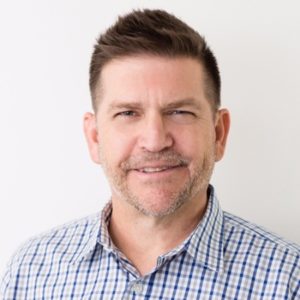
Responding to a popular request, we are now sharing transcripts of our investor podcast interviews in this new series. The following interview with Bruce Cleveland of Wildcat Venture Partners was recorded in January 2018.
Bruce Cleveland, Founding Partner at Wildcat Venture Partners, is one of the early employees at Oracle, as well as a co-founder of Siebel Systems. He is working on a book on The Traction Gap framework that his firm uses in its venture capital practice.
Sramana Mitra: For those of you who may have been around in the early 2000’s, one of the most successful
1Mby1M Virtual Accelerator Investor Forum: With Andrew Cain McClary of KdT Ventures (Part 1)

Responding to a popular request, we are now sharing transcripts of our investor podcast interviews in this new series. The following interview with Andrew Cain McClary of KdT Ventures was recorded in January 2018.
Andrew Cain McClary, Founder and Managing Partner at KdT Ventures, is a physician-turned VC. The focus of his investment is biology and related fields.
Sramana Mitra: Tell us about the fund. Tell us about what your investing focus. How big is the fund?
Andrew Cain McClary: It’s useful to start with a little bit of context on my background. I’m a physician by training. I was in the >>>
Roundtable Recap: June 28 – Fat Startups vs. Lean Startups: A Conversation with Waikit Lau
During this week’s roundtable, we had as our guest investor and serial entrepreneur Waikit Lau. Waikit has a refreshingly open attitude towards investing in very early stage companies. Wonderful conversation.
Wonderlend Hubs
As for entrepreneur pitches, we started with Ram Ramdas from Mumbai, India, pitched Wonderlend Hubs, a FinTech company that focuses on 15 second loan application evaluation on behalf of financial institutions in India. Very good execution thus far, and an excellent company with great promise.
1Mby1M Virtual Accelerator Investor Forum: With Ira Weiss of Hyde Park Venture Partners (Part 1)
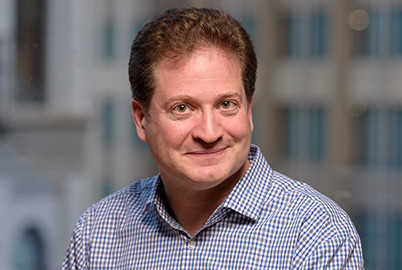
Responding to a popular request, we are now sharing transcripts of our investor podcast interviews in this new series. The following interview with Ira Weiss of Hyde Park Venture Partners was recorded in January 2018.
Ira Weiss, General Partner at Hyde Park Venture Partners based in Chicago, talks about venture activity in the Midwest.
Sramana Mitra: Tell us about Hyde Park. What is your investment focus? How big is the fund? What sized investments do you like to make? >>>
1Mby1M Virtual Accelerator Investor Forum: With William Hsu of Mucker Capital (Part 1)

Responding to a popular request, we are now sharing transcripts of our investor podcast interviews in this new series. The following interview with William Hsu of Mucker Capital was recorded in January 2018.
William Hsu is the Co-founder and Partner at Mucker Capital, a Los Angeles-based fund that invests largely outside Silicon Valley and follows a more fundamentals oriented approach.
Sramana Mitra: Tell us about the fund. How big is the fund? Tell us about your own background. Let’s get to know each other and let’s introduce your to our audience. >>>
194th 1Mby1M Entrepreneurship Podcast With Biplab Adhya and Venu Pemmaraju, Wipro Ventures
Biplab Adhya and Venu Pemmaraju, Co-Heads of Wipro Ventures.
Podcast: Play in new window | Download
Subscribe: Apple Podcasts | Android | Google Play | Stitcher | TuneIn | RSS
8 Investors Discuss Pre-Seed, Post-Seed, and Series A Financing via the Virtual Accelerator Investor Forum

What is the difference between pre-seed, post-seed and pre-Series A? This is not so simple anymore to understand. For entrepreneurs who are seeking financing for the first time, it’s not easy to understand where they fit in.
There is a lot of competition to get into some of the deals for Series A (and Series B). If you look at the numbers, there are 50,000 to 70,000 seed stage investments a year versus 1,200 to 1,500 Series A investments. Clearly there is a lot of companies in that pool that are not getting to Series A. Only a percentage of those are really the hot companies. The hot companies, by definition, are few and far between, which is why there is such a competition. There are a lot of companies in the middle.
1Mby1M Virtual Accelerator Investor Forum: With Hussein Kanji of Hoxton Ventures (Part 1)

Responding to a popular request, we are now sharing transcripts of our investor podcast interviews in this new series. The following interview with Hussein Kanji of Hoxton Ventures was recorded in January 2018.
Hussein Kanji, Partner at Hoxton Ventures, is based in London and the primary focus is on European ventures.
Sramana Mitra: Let’s get you acquainted with our audience. Tell us about your fund. How big is the fund? What sized investments do you like to make? >>>
